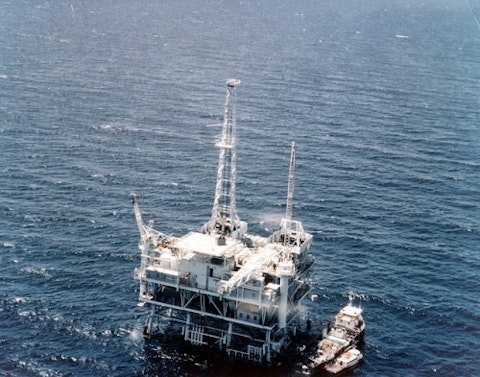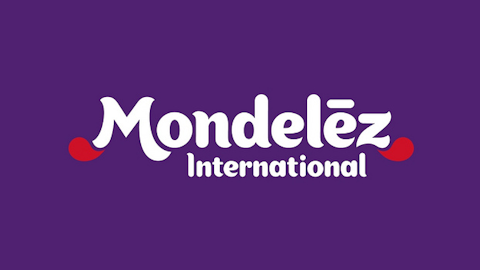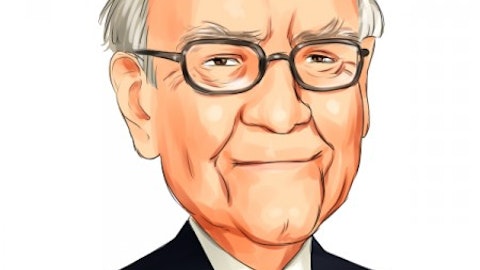While many stocks have seen an increase in bullish sentiment from investors, other companies have not fared so well, which is why investors have been pulling money out of them and investing in other companies instead. There are many reasons why an investor would decide not to invest in a company, such as declines in financial results, some “uninspired” transactions, macroeconomic outlook, etc. The bottom line is that when we see that big money managers decide to dump a stock, it might be not a bad idea to follow suit.

The last round of 13F filings, showed many funds reducing their exposure to oil and gas stocks, for obvious reasons. As oil prices declined, the profitability of these companies was put in question. Moreover, some consumer stocks have also been affected, especially those that have large exposure to international markets and whose profits are expected to take a hit as the US dollar becomes stronger against the Euro and other currencies.
Overall, among the top five stocks with the largest capital outflows during the fourth quarter, three are represented by large oil & gas companies such as Exxon Mobil Corporation (NYSE:XOM), while the other two happen to be the two largest soft drink producers globally: The Coca-Cola Co (NYSE:KO) and PepsiCo, Inc. (NYSE:PEP).
While investors have been reducing their stakes in many oil companies, Exxon Mobil Corporation (NYSE:XOM) was affected more than others, as the number of funds holding the stock among those that we track decreased to 62 from 71. Even more significantly, the amount of capital held in Exxon by the funds that we track fell to $4.01 billion, from $9.13 billion throughout the fourth quarter. The stock lost only 2% during the October-December period, so the decline in value of the stakes was mainly impacted by funds dumping shares of the company. Warren Buffett‘s Berkshire Hathaway was the largest of those, as it sold its entire stake that previously contained 41.13 million shares worth $3.89 billion at the end of the third quarter, while the Bill & Melinda Gates Foundation Trust followed suit, unloading its entire stake of 8.14 million shares worth $766 million.
On the other hand, some large investors decided to take a chance and buy shares of the company, betting on oil prices to rebound, which should help Exxon Mobil Corporation (NYSE:XOM)’s stock to recover. Ken Griffin of Citadel Investment Group and Israel Englander of Millennium Management raised their stakes by 150% and 72% respectively, to 2.82 million shares and 564,900 shares. However, in the equity portfolio of large investors, Exxon Mobil Corporation (NYSE:XOM) represents a tiny portion of the total value, so they can afford to hold on to a stock that is losing ground if there is a big chance for a recovery in the near future.
Anadarko Petroleum Corporation (NYSE:APC) is another oil stock that took a hit as 87 funds reported holding $5.61 billion worth of stock, versus 110 funds with $9.12 billion a quarter earlier. Keith Meister’s Corvex Management and Jean-Marie Eveillard’s First Eagle Investment Management are two of the funds that closed out their stakes, selling 3.67 million shares and 3.09 million shares respectively. On the other hand, Citadel and Paul Singer’s Elliott Management both increased their stakes in Anadarko Petroleum Corporation (NYSE:APC) to 4.92 million shares and 4.62 million shares respectively. Anadarko’s stock lost over 17% during the fourth quarter.
However, both Exxon Mobil and Anadarko Petroleum Corporation (NYSE:APC) have been two of the top favorite energy stocks among billionaires. As of the end of 2014, 11 billionaire investors reported long positions in Anadarko, and eight funds disclosed holding shares of Exxon Mobil Corporation (NYSE:XOM).
CVR Energy, Inc. (NYSE:CVI) is another oil stock that saw an outflow of investors’ cash during the fourth quarter. Interestingly, the number of funds holding shares of the company went up to 14, from 9, but the aggregate value of the shares held by the funds decreased dramatically to $2.90 billion, from $6.40 billion in the previous quarter. Moreover, among all the funds that we track, only Carl Icahn, who has controlled CVR Energy, Inc. (NYSE:CVI) since 2012, owns a $2.86 billion stake in the company that contains 77.20 million shares, up by 6.0 million shares over the quarter. Therefore, other funds held much smaller stakes in the company at the end of 2014. However, a couple of weeks ago, the Securities and Exchange Commission initiated an investigation into the disclosures made by CVR Energy, Inc. (NYSE:CVI) during the takeover process, regarding the fees that have been paid to investment banks.

Aside from the energy sector, some consumer stocks have gone through a process of losing investors’ confidence. Most affected have been PepsiCo, Inc. (NYSE:PEP) and The Coca-Cola Co (NYSE:KO), in which the aggregate value of shares held by funds from our database fell to $7.18 billion and $22.45 billion respectively, from $10.0 billion and $25.11 billion. Overall, 54 investors reported holding shares of PepsiCo, Inc. (NYSE:PEP) , including nine billionaires such as Nelson Peltz, who owns 17.87 million shares and Ken Fisher with 5.12 million shares. In The Coca-Cola Co (NYSE:KO), the number of investors holding shares went up to 58 funds from 57 a quarter earlier, with the largest stake held by Warren Buffet’s Berkshire Hathaway, which disclosed a $16.89 billion stake containing 400.0 million shares in its latest 13F filing.
Both The Coca-Cola Co (NYSE:KO) and PepsiCo, Inc. (NYSE:PEP) struggled with a decline in sales volumes of soft drinks, especially in international markets. Another factor that had a negative impact on both companies’ last financial results was the weakening of foreign currencies in relation to the US dollar, as sales of both companies are highly-dependent on international markets. However, both companies have potential to perform better in the future. PepsiCo, Inc. (NYSE:PEP) is currently under pressure from Nelson Peltz, who is urging the company to split its soft drinks and snacks businesses, while The Coca-Cola Co (NYSE:KO) has announced some cost-cutting initiatives for the next several years.
Disclosure: None




